*Impressions from the Campus of European Alternatives 2018
“Why is it so dark in here,” whispers the person next to me. We are in a room with many windows, yet, all blinds are shut. Outside, the blazing midday sun illuminates the rows of cypress, olive and fig trees lined up along the Tuscan hills. Inside, we can barely make out the silhouettes of the other workshop participants. The room is filled with about thirty activists from more than twenty countries who have come together in the north of Florence to explore transnational alternatives to the gloomy status quo. “We live in dark times,” explains one of the activists who staged this metaphorical intervention. “But if we work together to open the blinds, we should be able to find some ideas that can change this.”
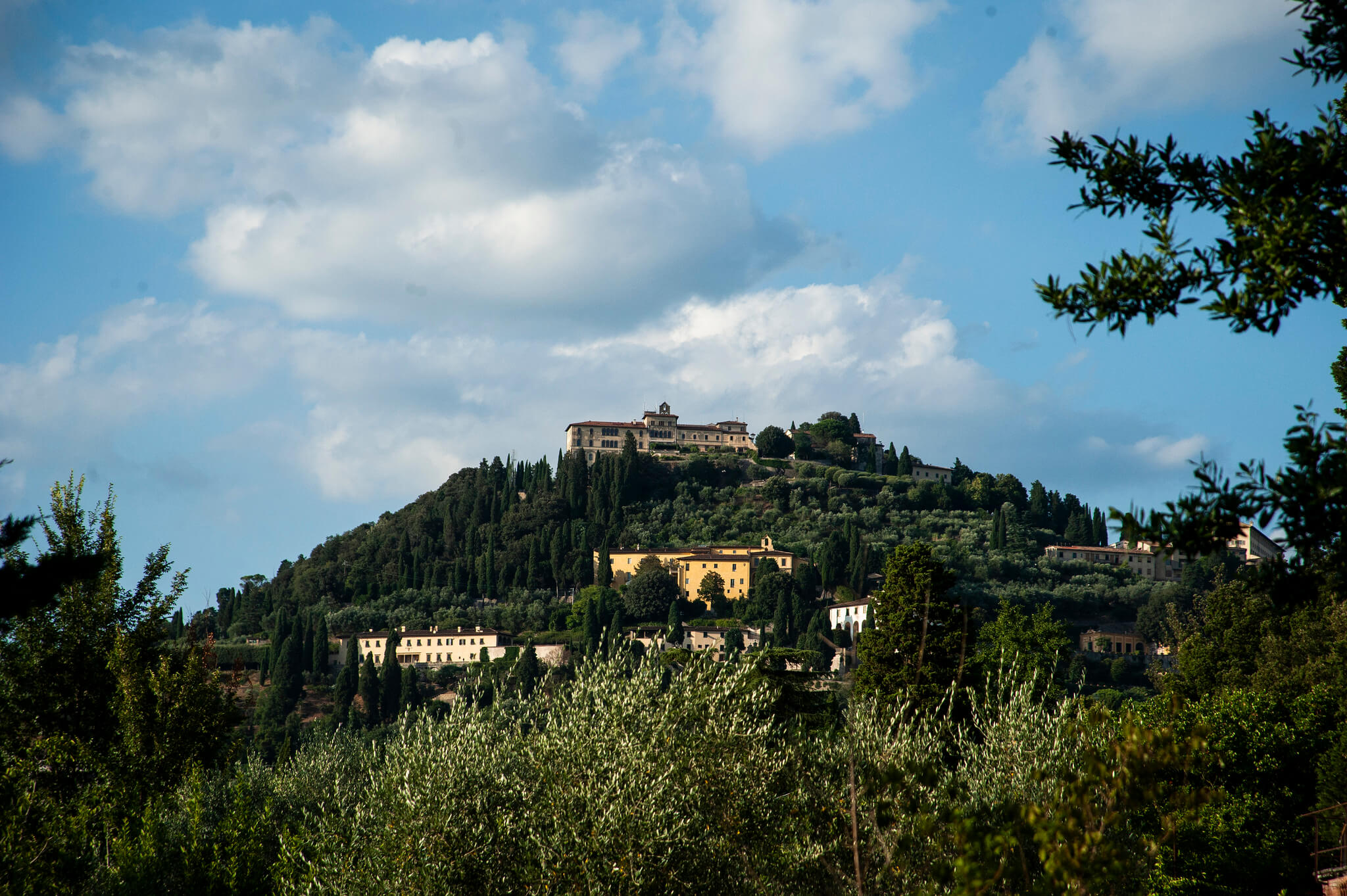
What was meant to be a light-hearted beginning to one of the workshops at European Alternative’s Campus programme is indeed rather illustrative of the dark reality brought about by rising far-right forces across the continent. The programme set out to address this development by bringing together 70 participants in the Tuscan hills for four days to work out strategies for transnational collaboration that can counteract fascist worldviews while strengthening progressive narratives. Indeed, the chosen location for this gathering was timely, for the region of Tuscany itself is somewhat symbolic of a general crisis in Europe, explains one of the organisers of the event: although it is a historically socialist region, parts of it shifted to the right in the last elections.
This wider crisis is embodied in the Italian context by the Northern League’s Matteo Salvini who now serves as Deputy Prime Minister in a coalition government with the 5 Star Movement. Besides issuing one controversial statement after the other, Salvini’s rhetoric is followed up by quick actions. His recent xenophobic provocation to count Italy’s Roma population was followed by the removal of hundreds of Roma from a camp in Rome end of July. Another example is Salvini’s refusal to let the MS Aquarius dock at Italian ports a few weeks before. This meant that the 629 refugees on board had to endure an additional two days at sea until Spain prevented yet another humanitarian catastrophe by finally allowing the boat to land on Spanish shores. Italian harbours repeatedly remained shut for refugee boats since.
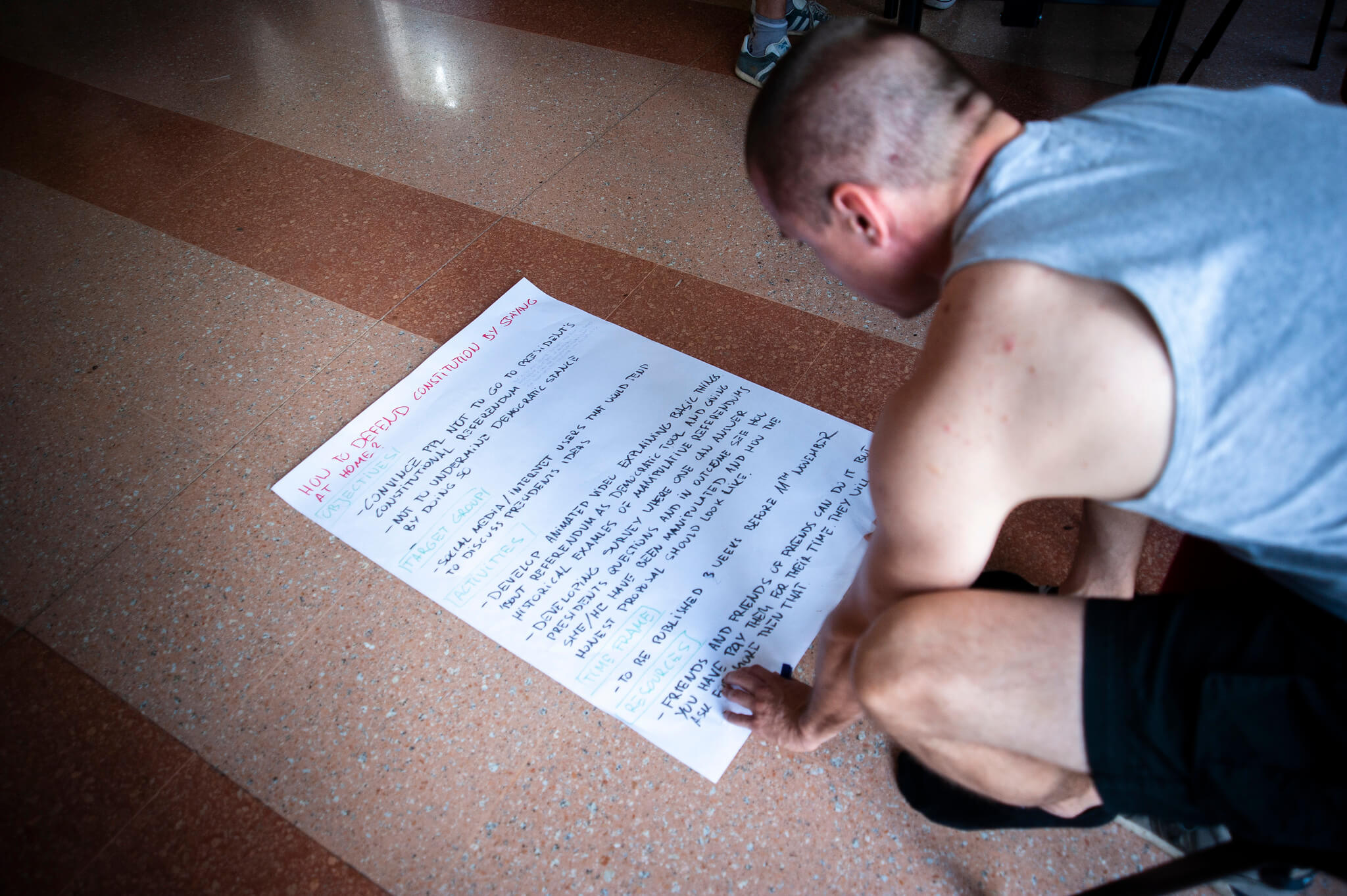
While there are other cities, including for instance Berlin, which have followed Spain’s positive example, the Italian case is indeed representative of a European-wide trend of rising far-right sentiment. Salvini’s inhumane migration politics are met with enthusiasm in parts of the right-wing governments in Berlin and Vienna. Together, they might form what the Austrian chancellor Sebastian Kurz has called an “axis of the willing,” that is, a transnational union of far-right forces teaming up against migrants and refugees. In Germany, the conservative CDU/ CSU coalition has recently nearly split over Interior Minister Horst Seehofer’s suggestions of controversial measures against asylum seekers, while the far-right FPÖ in Austria even envisioned a future in which it would be impossible to request asylum in Europe altogether. It seems that Theresa May’s strategy to nurture a “hostile environment” in the UK has become a popular direction of travel for various right-wing governments all across Europe.
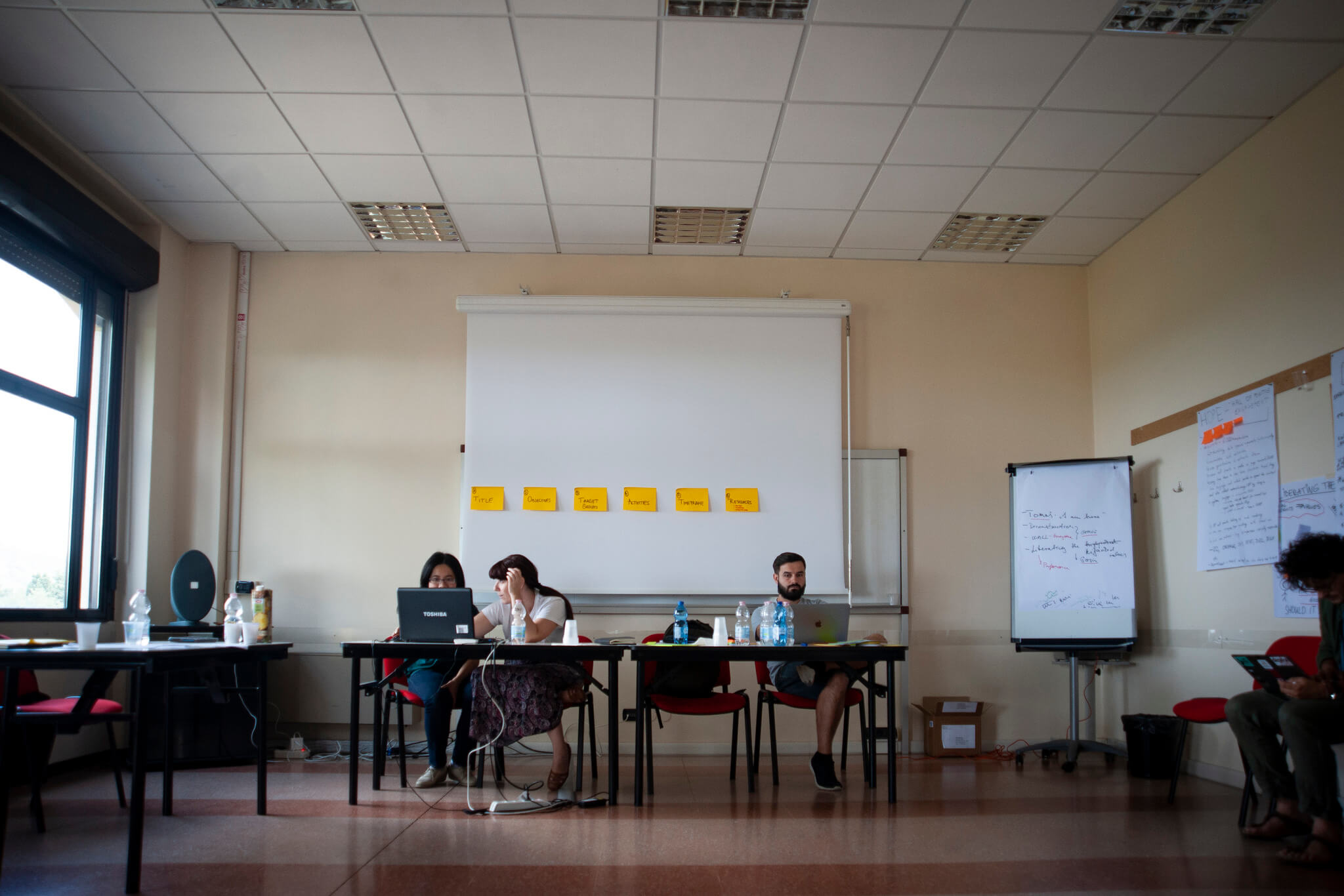
Of course, it is important to point out that such developments are not entirely new as some of these dynamics can already be witnessed in countries like Poland and Hungary for years. Moreover, different scholars and intellectuals like the Polish sociologist Zygmunt Bauman have been pointing to how the framing of migration as a security issue from which native populations have to be “protected”, plays into the hands of populist forces. Yet, while these developments are not new, it might be particularly worrying to see far-right sentiment creeping further into even the founding countries of the European Union, given that – as a spokesperson of European Alternatives puts it – “the European Union is in its origins an openly anti-fascist project. Free movement, anti-discrimination, the protection of fundamental human rights and the whole idea of transnational cooperation go directly against a fascist worldview.” How, then, might the left begin to counter the return of far-right views across Europe in the contemporary context?
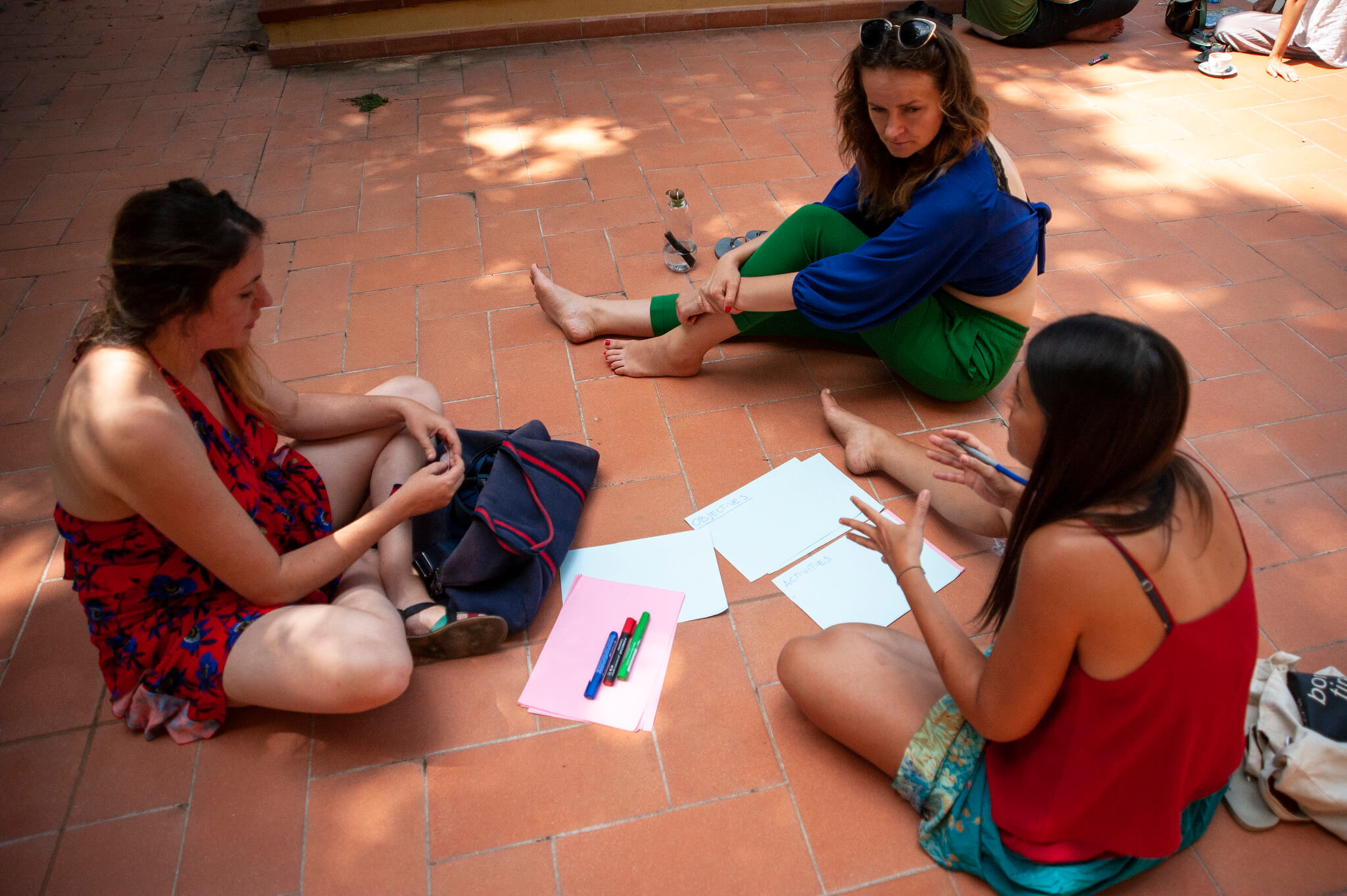
At the Campus in Tuscany, two groups of participants explore a couple of possible actions in particular: acting against hate, and acting for free movement. Both groups are part of “nomadic” training programmes which saw participants come together in different locations across and beyond Europe on a number of occasions to develop campaigns that work on each of those topics. The campaign “Bloody Foreigners” for instance does in fact subvert the notion of hate by encouraging Polish migrants in Ireland to donate blood, thus proactively countering the rise of discrimination against Eastern European migrants in the context of Brexit. Yet, while this campaign might be a good example of how discrimination can be tackled in creative ways, the organisers and participants of the programme Act 4 Free Movement insist that freedom of movement is not only an issue for migrants and minority groups. They argue that it affects everyone in Europe.
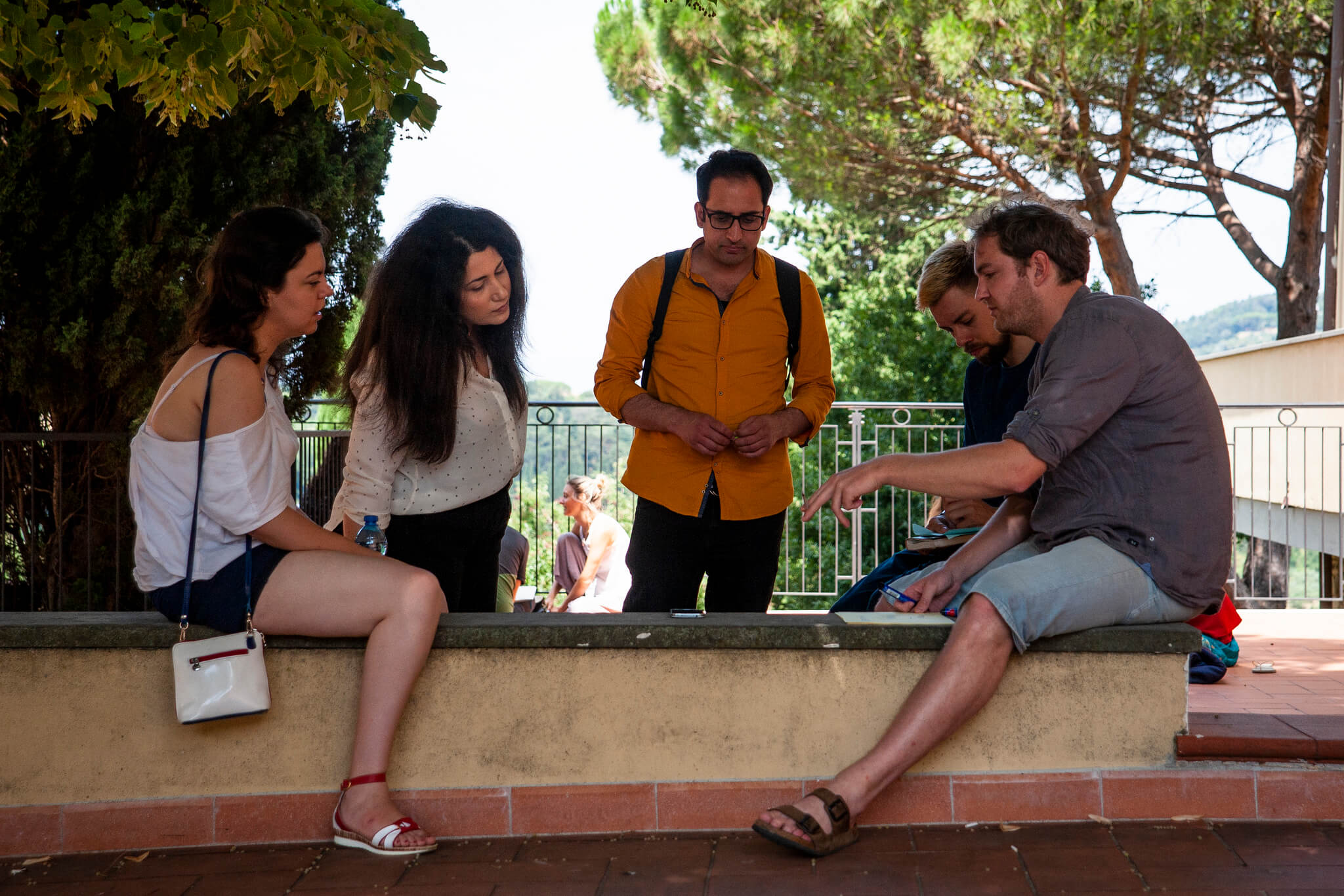
Another campaign that is part of the programme illustrates this point. It raises awareness of the disruptions experienced by pupils who have to cross the Austrian-Hungarian border on their way to school since border controls were re-introduced in the midst of the so-called “refuge crisis”. Yet another group of participants seeks to empower EU citizens with family members of non-EU nationality to lobby for their freedom of movement rights as a family. This latter campaign also points to the problematic gap between the comparatively privileged right to freedom of movement of EU nationals in contrast to the immobility of third country nationals. However, for the organisers of the programme it is important to resist this seeming opposition. In their view, “any new border sets us back in the fight for free movement for all. Freedom of movement is the foundation of a new democracy across borders.” One positive example that comes up as the group shares experiences about their campaigns and strategizes on how to change common narratives on migration is the city of Palermo. Its mayor regards freedom of movement as an “unalienable right of humans,” and thus, as a “migrant city,” Palermo explores radically different ways of linking rights to residence rather than nationality.
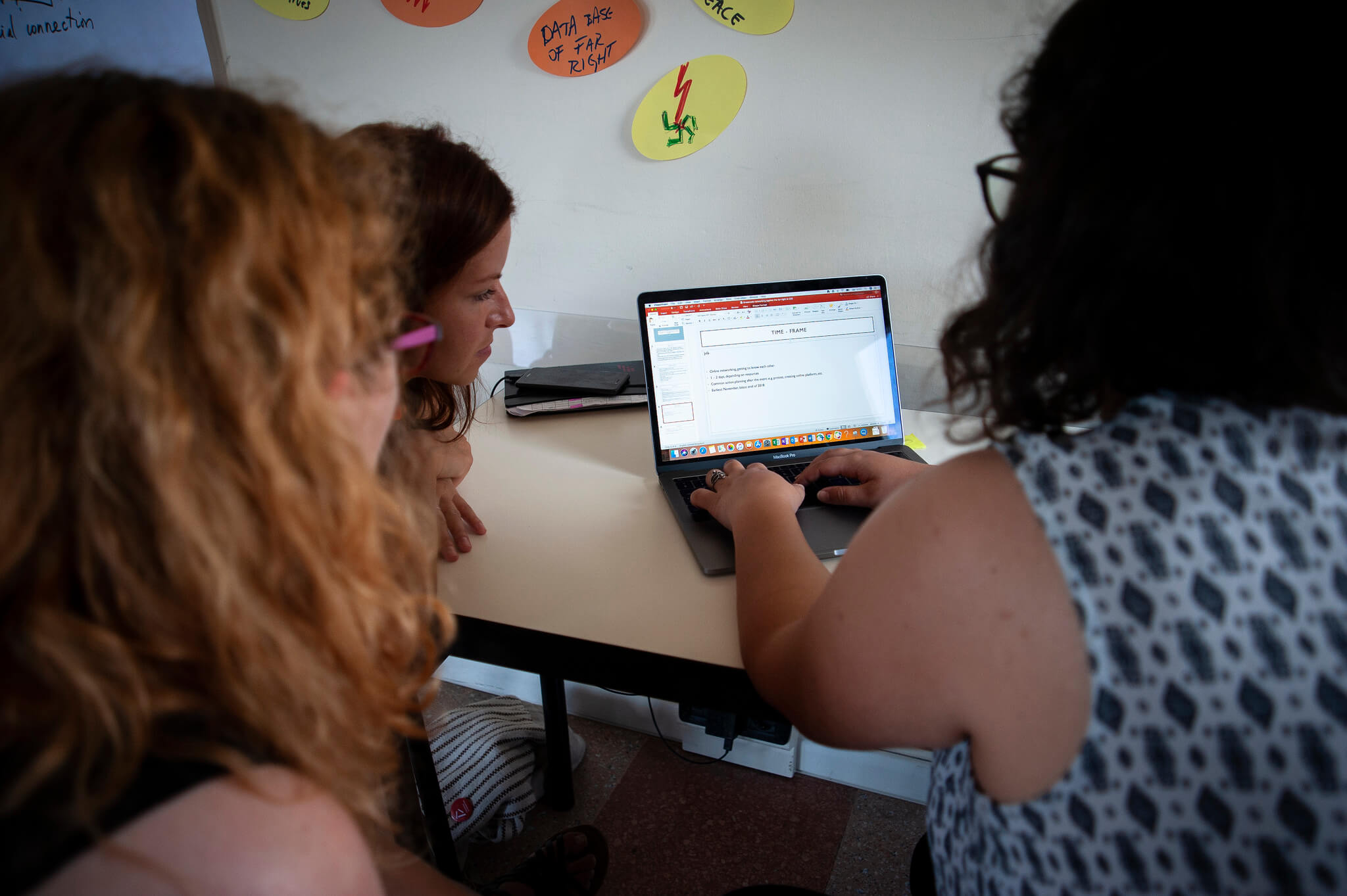
Nevertheless, while there is a clear need to reframe toxic narratives around migration more generally, the Campus also shows the necessity of find varying solutions for different local contexts. Just a turn to Eastern Europe reveals what can happen to democracy in countries where far-right sentiment has been ruling for a while. A Polish LGBTQI activist who is part of the Countering Hate Speech and the far-right in Central and Eastern Europe programme problematises the role of the government in normalising an anti-migration, homophobic and anti-abortion atmosphere. Although many have taken to the streets to defend abortion rights in what came to be known as the Black Protests, she claims that far-right efforts to slash women’s rights are still ongoing.
Other common issues across the region include the discrimination of migrants and refugees. The organisation Human Constanta for instance operates in Brest, at the Polish-Belarusian border, to document misbehaviours by border guards and human rights violations, giving legal and humanitarian support to asylum-seekers. Yet, once again, while some issues across Central and Eastern Europe might be similar, it is important to consider regional particularities.
As one of the participants highlights, spaces like the Campus where activists from different local contexts can meet and exchange experiences are essential. “As it turns out,” she says, “we know a lot about what’s going on in Western countries, but we don’t know anything about our neighbours. Creating these spaces where you can be critical is so important.”
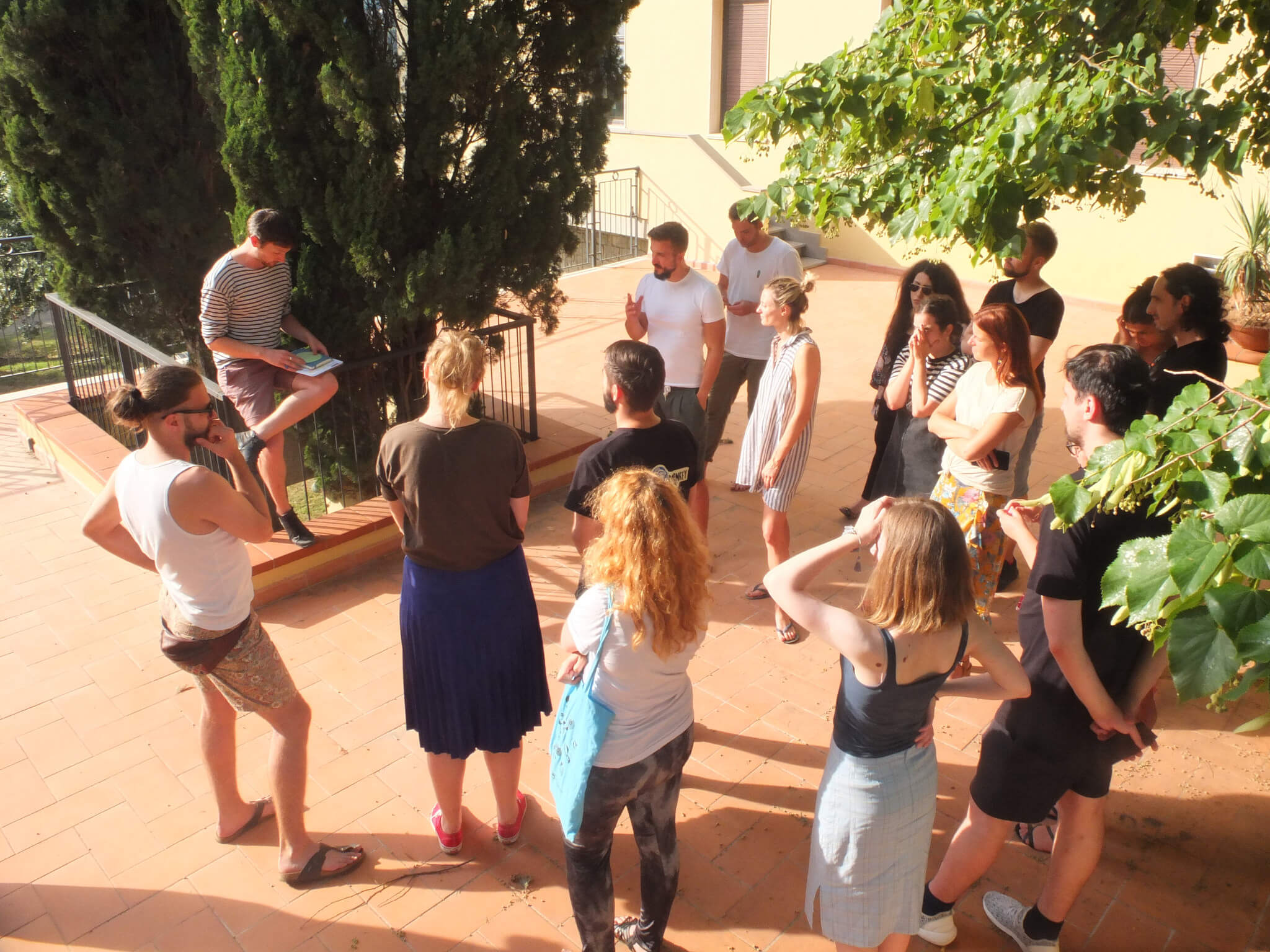
What stands out from the discussions, meetings and workshops at the Campus is the need for more of such spaces for transnational collaboration between progressive actors. Participants and organisers believe that this is important because – in seeming contrast to their scepticism towards international institutions like EU – the far-right is more and more connected across borders, while transnational movements from the left are certainly less visible. Thus, on the way to build a transnational community of progressive forces that can counter the far-right, events like the Campus can of course only be a starting point. As one of the organisers points out, what is most important is, in fact, what happens after the Campus.
In this spirit, some of the activists I met during the four days of building strategies in the Tuscan hills are already planning the next gathering. Their aim is to bring together grassroots groups from across Eastern Europe to tackle common issues like the construction of conservative family values, social cuts, the militarisation of borders, racism, and environmental policies of the far-right. For some of them, the longer-term ambition must be to politicise such cross-border movements and build a transnational counter-power of progressive forces.
For others, there’s a sense of hope surfacing even in the shorter-term: These dark times, says one of the Polish activists, might also have a bright side – with the ever more present threat from the far-right, it might become easier to convince people of the need to mobilise transnationally.
***
Antje Scharenberg is a PhD student at Goldsmiths, University of London. Her ethnographic research investigates forms of transnational activism which seek to redo Europe from bottom-up, and works in close collaboration with civil society actors such as European Alternatives. She also contributes to other organisations including Another Europe Is Possible in the UK.
![Political Critique [DISCONTINUED]](https://politicalcritique.org/wp-content/uploads/2015/09/Political-Critique-LOGO.png)
![Political Critique [DISCONTINUED]](https://politicalcritique.org/wp-content/uploads/2015/09/Political-Critique-LOGO-2.png)